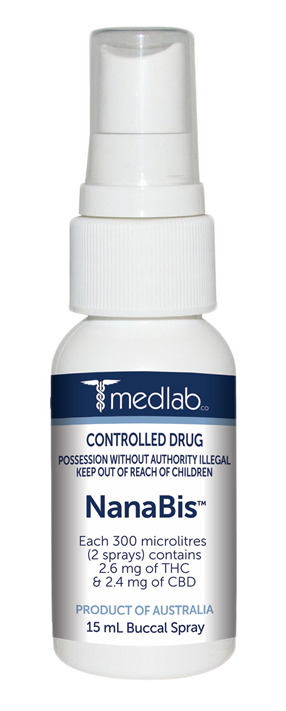Pain Management Compounding
About Pain
PAIN. Most of us will have a story or an experience about it. Pain is one of the most common reasons people seek medical attention. It could be an acute or chronic pain. Acute pain is usually severe and short-lived, and is often a signal that your body has been injured. Chronic pain can range from mild to severe and is present for long periods of time. Every 1 in 5 person feels pain at a given time in Australia. Many people are surviving more serious diseases and injuries than ever before, and chronic pain states are frequently the result.
Understanding Chronic Pain
You can’t see chronic pain. It is invisible. This pain really affects relationships, ability to work, and to feel part of the community. Sometimes, it is difficult for doctors to pin point the cause of the pain and it can be frustrating not to have a diagnosis. Chronic pain is complex because it involves the nerves and nervous systems, including the central nervous system made up of the brain and spinal cord.
Chronic pain occurs because of changes to the nerves or nervous system which keeps the nerves firing and signaling pain. However, there are likely to be other precipitating factors with chronic pain including genetics, gender and previous episodes of acute pain. Chronic pain can be intense and unrelenting, and lead to various degrees of disability if it is not managed well.
Complication of Chronic Pain
The emotional toll of chronic pain also can make pain worse. Anxiety, stress, depression, anger, and fatigue interact in complex ways with chronic pain and may decrease the body's production of natural painkillers; moreover, such negative feelings may increase the level of substances that amplify sensations of pain, causing a vicious cycle of pain for the person. Even the body's most basic defenses may be compromised: There is considerable evidence that unrelenting pain can suppress the immune system.
It is difficult to live with constant pain. However, you can have hope that holistic pain management combining medical management, physical and cognitive therapies, as well as continuing the values and activities that make your life worth living will enable the pain to be managed and life can begin again.
Some Types of Pain Conditions
Allodynia Cluster Headaches Frozen Shoulder Low Back Pain Radicular Pain Visceral Pain Ankle & Foot Pain Complex Regional Pain Syndrome (CRPS) Headache Migraine Sciatica Vulvodynia Back Pain Dry Mouth (Xerostomia) Hip Pain Multiple Sclerosis Shingles Scako/Head Pain Chemotherapy Induced Pain Endometriosis Inflammatory Bowel Neck Pain Tennis Elbow Muscular (Myofacial) Pain Chronic Orofacial Pain Fibromyalgia Knee Pain Neuropathic Pain Trigeminal Neuralgia Multiple Scierosis

Medicinal Cannabis NOW Available
To improve symptoms related to:- Intractable pain in cancer Chemotherapy induced nausea vomiting Chronic pain Trigeminal neuralgia Neuropathic pain Epilepsy Seizure Currently being trialled at Royal Northshore Hospital, Sydney TGA Approved Prescription needed for supply
Call to speak to our pharmacist for further enquiries
Contact Us
We Can
Intercept the pain pathway by using a multi-modal approach to pharmacotherapy Address the challenges and limitations of manufactured products (e.g. discontinued medicine, one-size-fits-all) Adjust the dosage strength of a medication Combine multiple ingredients, thereby simplifying a dosing regimen Reformulate and modify the dosage form (e.g., developing a transdermal dosage form to replace a solid oral dosage) Exclude certain ingredients to eliminate unwanted side effects and intolerances



